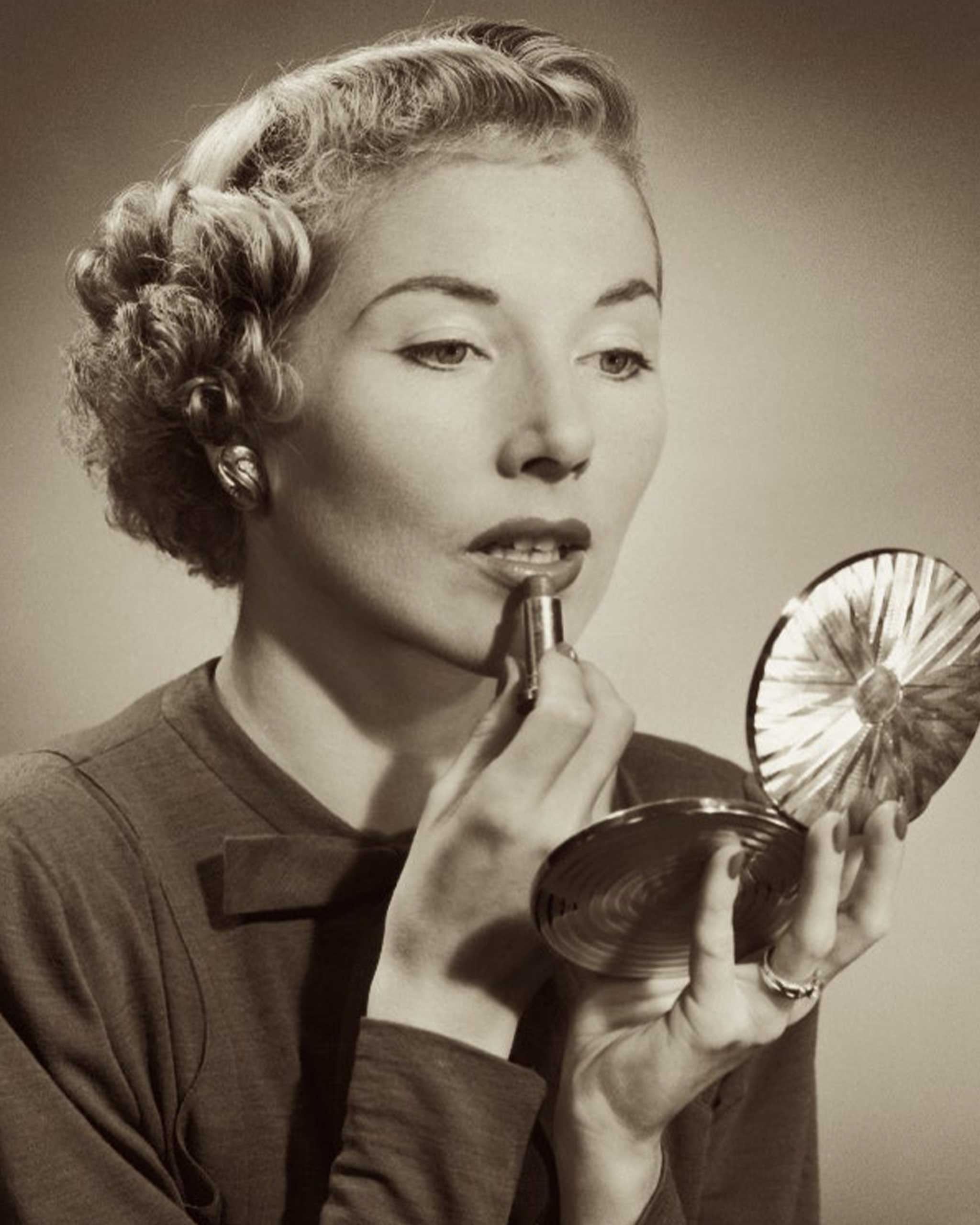Photo: Getty Images
Maybe it was inevitable that the wilds of influencer culture would, in time, yield headline-making legal action, but that’s exactly what’s playing out this month, as a Minnesotan influencer accuses a Texan peer of stealing her content in what’s hilariously being called the sad-beige lawsuit.
Does it seem likely that two Amazon hawkers each stumbled upon the same beige-and-neutral-heavy aesthetic independently? Yes—but we live in the United States of America, which means this question must be settled in a court of law. Read on for all the details on the drama:
Who are the parties named in the lawsuit?
The plaintiff is Sydney Nicole Gifford, a TikTok content creator based in Minneapolis, who alleged in a lawsuit that a fellow content creator, Austin-based Alyssa Sheil, had copied her “neutral, beige, and cream aesthetic.” The lawsuit accuses Sheil—who, like Gifford, is an Amazon influencer—of ripping off Gifford’s apartment design, camera angles, font use, and even her haircut shortly after Gifford and Sheil met in person in late 2022 and early 2023 to discuss a potential collaboration. (If you want a full, semi-exhausting summary of all the ways Gifford alleges Sheil copied her, here’s 70 pages’ worth.)
What is Gifford asking for?
Gifford has reported Sheil to Meta, TikTok, and Amazon for copyright infringement and sent her a cease-and-desist letter, filing a lawsuit in April under the Digital Millennium Copyright Act (DMCA) that sought up to $150,000 in damages for “mental anguish” and lost income. Gifford also wants Sheil’s online content taken down, which would deal the ultimate blow to the rival influencer (who currently has 138K followers on Instagram to Gifford’s 301K).
How is the so-called clean-girl aesthetic related to all this?
The clean-girl aesthetic, which revolves around low-maintenance makeup and earth-toned neutrals, arguably entered the mainstream public discourse with Hailey Bieber (although many of its markers have roots in Black and brown communities), but apparently it’s enough of a signature of Gifford’s to make her feel that a lawsuit was warranted. Sheil, of course, disagrees, telling The Verge: “There are hundreds of people with the exact same aesthetic, and I’m the only one that’s having to go through this.”
What kind of labor-law precedent is there for this case?
Not much, to be honest; Gifford’s lawsuit has frequently been referred to as “the first of its kind,” with The Verge’s Mia Sato noting the legally tricky nature of protecting influencer labor: “Although influencers are—naturally—influential, there remains a pervasive cultural stigma around their labor: Influencers are seen as vapid, and their jobs are considered easy.” As a result, “the general public often has little sympathy for this group of workers, even though they are often exploited, and so they remain unprotected.”
This article was originally published on Vogue.com.
